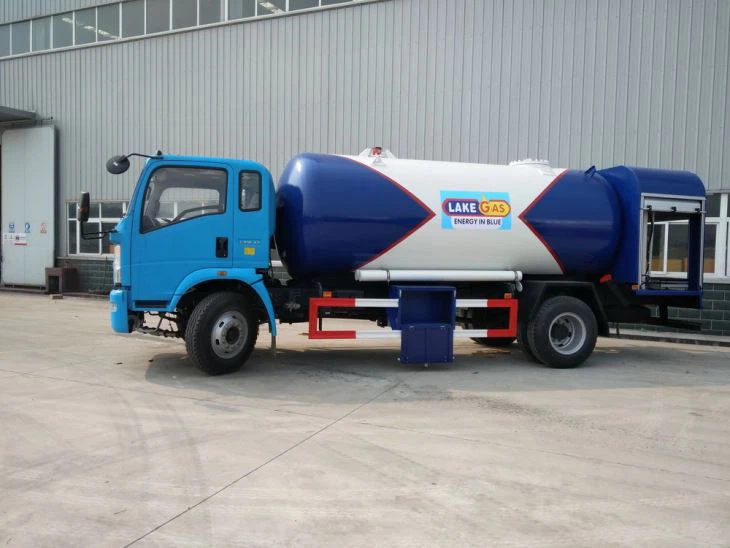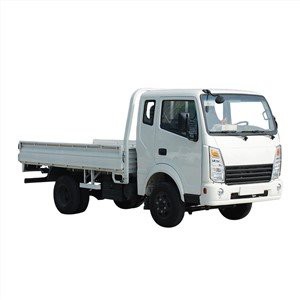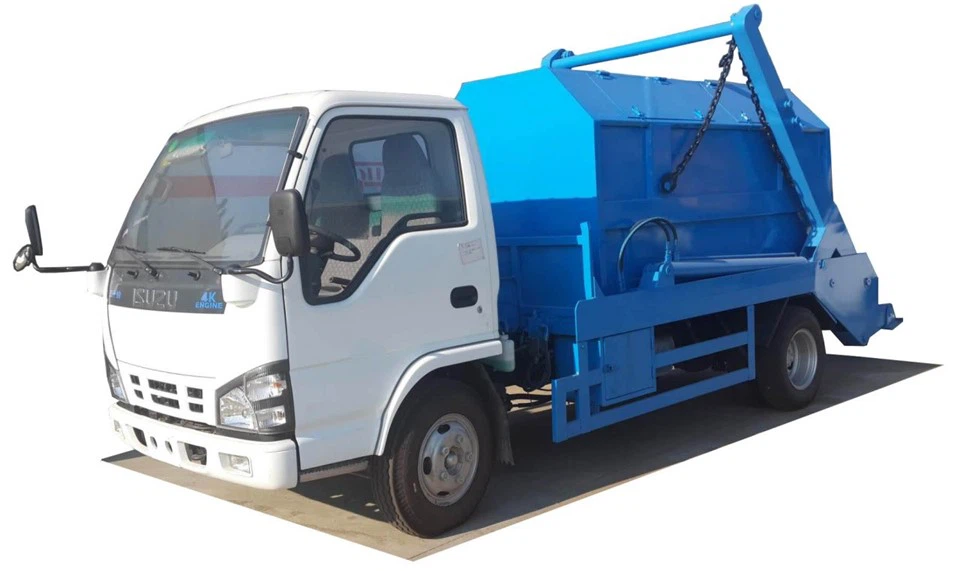Refuse Truck Sales: Your Comprehensive Guide to Finding the Right Garbage Truck

The refuse collection industry is vital for maintaining cleanliness in our communities. With the increasing demand for effective waste management, choosing the right refuse truck becomes crucial for businesses and municipalities alike. This article dives deep into the world of refuse truck sales, exploring various types, key considerations, and tips for making an informed purchase.
Understanding Refuse Trucks
What is a Refuse Truck?
A refuse truck, commonly known as a garbage truck, is a specialized vehicle designed for collecting, transporting, and disposing of waste materials. These vehicles are equipped with features such as compactors, hydraulic systems, and various loading mechanisms to efficiently handle waste.
Types of Refuse Trucks
There are several types of refuse trucks to consider, each suited for different waste collection needs:
- Front-Loading Trucks: Ideal for commercial properties, these trucks have a front-loading mechanism that lifts and dumps containers into the truck’s body.
- Rear-Loading Trucks: Commonly used by residential waste collectors, these trucks allow manual loading from the back, making them suitable for narrow streets and cul-de-sacs.
- Side-Loading Trucks: Equipped with robotic arms, these trucks automate the loading process, allowing drivers to remain in the cab, increasing efficiency and safety.
- Roll-Off Trucks: These trucks use specialized containers for large waste items or construction debris, making them perfect for demolition sites or large events.
- Compaction Trucks: These trucks compact waste as it is collected, allowing for increased payload capacity and reduced trips to the landfill.
Factors to Consider When Purchasing a Refuse Truck
1. Determine Your Needs
Before diving into refuse truck sales, assess your specific waste management needs. Consider factors such as:
- Type of waste collected
- Collection frequency
- Volume of waste generated
- Operating environment (urban, rural, etc.)
2. Budgeting for Refuse Trucks
Your budget will significantly influence your choice of refuse truck. Keep in mind additional costs such as maintenance, fuel, insurance, and potential financing options. Here is a general price range for new refuse trucks:
| Type of Refuse Truck | Price Range (USD) |
|---|---|
| Front-Loading Truck | $200,000 – $300,000 |
| Rear-Loading Truck | $150,000 – $250,000 |
| Side-Loading Truck | $250,000 – $350,000 |
| Roll-Off Truck | $160,000 – $220,000 |
| Compaction Truck | $230,000 – $320,000 |
3. New vs. Used Refuse Trucks
Deciding between new and used refuse trucks is a critical aspect of your purchase. Here are some considerations:
- New Trucks: Offer the latest technology, warranties, and lower maintenance costs but come with a higher price tag.
- Used Trucks: More affordable, but may require more maintenance and potentially lack modern features.
4. Manufacturer Reputation
Research different manufacturers known for producing reliable refuse trucks. Some of the most reputable brands include:
- Freightliner
- Peterbilt
- International
- Kenworth
- Ford
5. Fuel Efficiency
Fuel costs can significantly impact your long-term operating expenses. Consider the fuel efficiency ratings of different models and opt for trucks that are designed to be more fuel-efficient. Hybrid or electric refuse trucks are also emerging options that can reduce fuel costs and environmental impact.
6. Maintenance and Parts Availability
Consider the availability of parts and the maintenance services offered by different manufacturers. Reliable after-sales support can save you time and money in the long run. It’s essential to choose a model with easy access to parts and qualified service technicians.
Where to Buy Refuse Trucks
1. Dealerships
Authorized dealerships often have a variety of new and used models. They can provide financing options and service agreements, making them a convenient choice for customers.
2. Online Marketplaces
Numerous online platforms allow you to browse and compare refuse trucks. Websites like TruckPaper, eBay, and Craigslist often list both new and used options across various price ranges.

3. Auctions
Purchasing from auctions can lead to significant savings, but it requires thorough research and an understanding of the auction process. You can find refuse trucks at government auctions or industry-specific events.
4. Refuse Truck Manufacturers
Some manufacturers offer direct sales to consumers. This can be a good option for those looking for specific models or custom configurations.

Practical Tips for Buying Refuse Trucks
1. Test Drive Before You Buy
Always arrange for a test drive to assess the truck’s handling, comfort, and features. Pay attention to ease of operation, especially if the truck uses advanced technology.
2. Conduct a Thorough Inspection
If buying used, have a qualified mechanic inspect the truck. Look for signs of wear, damage, or hidden issues that could affect performance or safety.
3. Review the Warranty and Service Contracts
Ensure you understand the warranty coverage and any service contracts associated with your purchase. A solid warranty can provide peace of mind and protection against unexpected repair costs.
4. Compare Financing Options
Shop around for financing and compare interest rates and terms. Some dealerships may offer special financing for refuse truck purchases, while banks and credit unions may have competitive offers as well.
Industry Trends in Refuse Truck Sales
1. Eco-Friendly Trucks
As environmental sustainability becomes increasingly important, manufacturers are focusing on developing eco-friendly refuse trucks. These include electric models and those that use alternative fuels like compressed natural gas (CNG).
2. Autonomous Refuse Trucks
Technological advancements are paving the way for autonomous refuse trucks, which could reduce labor costs and improve safety on the roads. While this technology is still emerging, it may soon revolutionize the waste collection industry.
3. Smart Waste Management Solutions
Integration of IoT (Internet of Things) technology is becoming common in refuse trucks, allowing for real-time monitoring of waste levels, truck performance, and route optimization.
FAQ Section
1. What are the average costs of a new refuse truck?

The cost of a new refuse truck typically ranges from $150,000 to $350,000, depending on the type and features.
2. How do I determine the right type of refuse truck for my needs?
Assess the volume and type of waste you need to collect, the environment in which you’ll operate, and your budget. This will help narrow down the best type of refuse truck for your operations.
3. Are financing options available for refuse trucks?
Yes, many dealerships and banks offer financing options for refuse truck purchases. It’s advisable to compare rates and terms to get the best deal.
4. What should I look for in a used refuse truck?
When purchasing a used refuse truck, consider its maintenance history, mileage, signs of wear or damage, and whether it has a valid inspection certificate.
5. How often should refuse trucks be serviced?
Regular maintenance is essential for refuse trucks. Schedule service checks at least every 6,000 to 10,000 miles or as recommended by the manufacturer.
6. What are the benefits of purchasing eco-friendly refuse trucks?
Eco-friendly refuse trucks can lead to lower fuel costs, reduced emissions, and potential tax incentives, contributing to corporate sustainability initiatives.
